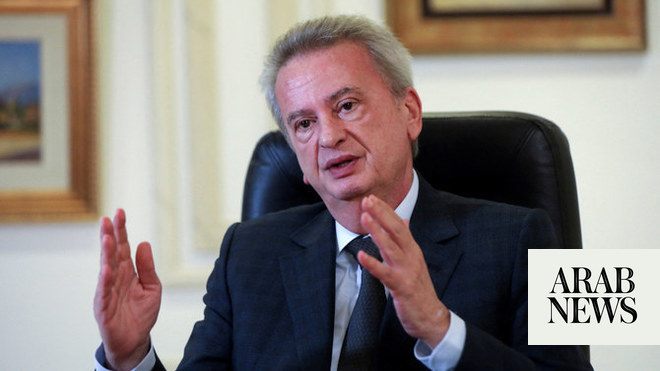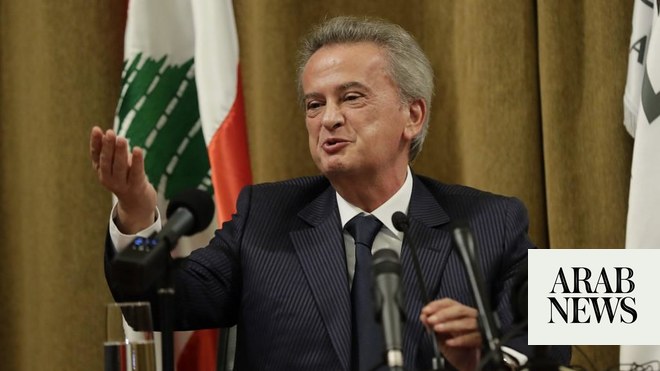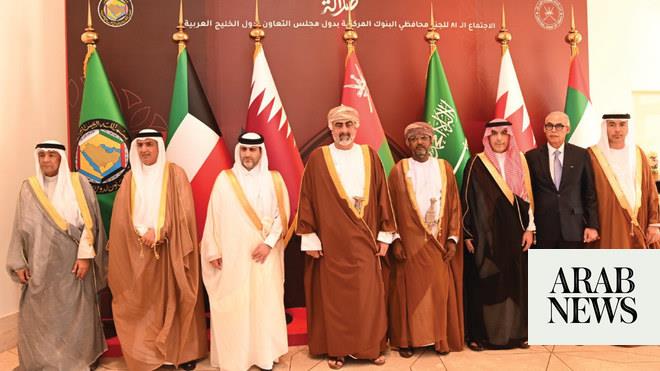
Gulf Cooperation Council (GCC) states should initiate economic reforms before they are forced to do so, said Governor of the Central Bank of Kuwait Dr. Mohammad al-Hashel on Sunday.
“Gulf countries are not exempted from the economic and geopolitical challenges, especially amid dependence on one revenue source, which is subject to market fluctuation, political transformation and turn of events,” Hashel said, referring to oil.
“Taking the initiative to carry out reforms is better than resorting to it,” he said.
“So we are tackling the structural imbalances in our economies, and we are on the way to achieving economic diversification and lessening our dependency on oil resources.”
Gulf states suffered drops in oil prices between 2013 and 2016, and they started putting economic reform and austerity plans.
However, as oil prices rose, many states stopped their unpopular economic reforms.
Notably, Hashel made his remarks in his opening speech at the 71st meeting of GCC Committee of Governors of Monetary Institutions and Central Banks, which is currently held in Kuwait.
He explained that the global monetary situation is still laden with tension and polarization.
“The horizon of the global economy is still grim and carries several risks, especially with the increasing echo of trade and financial conflicts, which warn from the possibility of an economic war in which all will be losing.”
Hashel called upon all the GCC central banks to consolidate and collaborate their endeavors amid the current global condition, which is witnessing a migration of capital from growing markets and currency volatility.
The Governor pointed out that that the meeting aims at consolidating and collaborating endeavors among the GCC countries to agree on the best and suitable means for preserving economic stability of the GCC member states.











